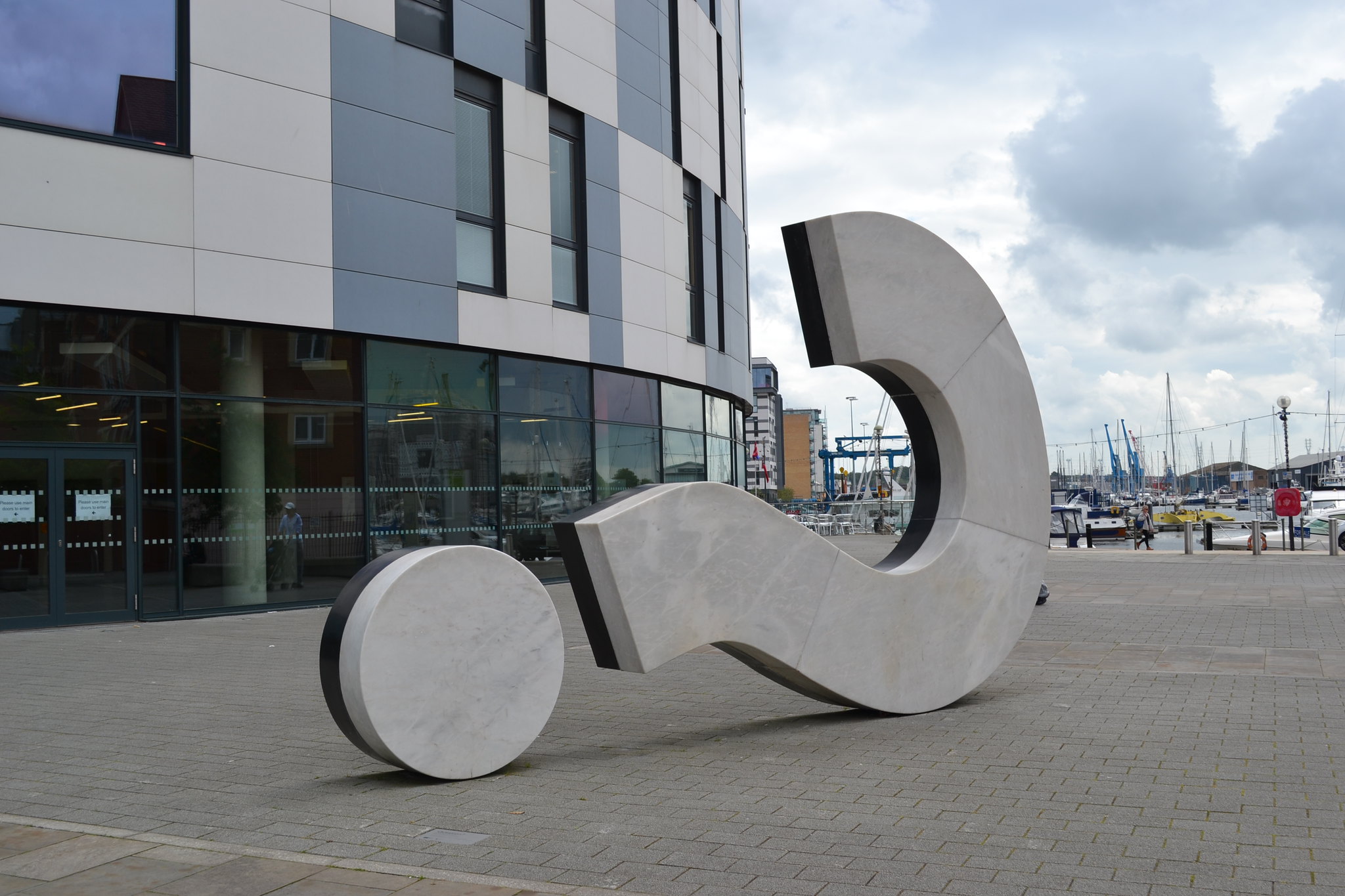Purdue-IAEA Collaborating Center for Building Trust in AI for Nuclear Power Applications
Dr. Sundaram wins Innovation Showcase pitch competition!
Atoms for Humanity Poster Session
Mr. Lewis selected for Publication in InnovatED!

Uncertainty is your ally
The CYbersecurity & data aNalytics for Industrial Control Systems (CYNICS) group led by Dr. Hany Abdel-Khalik develops novel solutions to engineering problems using physics-based and data-driven methodologies with a focus on uncertainty quantification (UQ) and model validation, reduced order modeling (ROM), cybersecurity, and artificial intelligence (AI) applications.
Uncertainty Quantification and Reduced Order Modeling
In the field of UQ and model validation, the group seeks to improve the economic competitiveness of nuclear power by providing less conservative and more realistic estimates of reactor analysis predictions. Algorithms such as physics-guided coverage mapping (PCM) have been developed to help translate limited experimental evidence to full-scale scenarios via a science-based risk-informed process. Such capabilities are crucial to the adoption of advanced reactor technologies which, in addition to experimental evidence, require a scientifically-sound basis for their validation.

Cybersecurity
Industry-wide integration of digital and physical components has led to the development of the so-called cyber-physical framework and industrial control systems (ICS). Such capabilities have unfortunately opened up an avenue of cyber threats that have wide-ranging implications of industrial security. Examples such as Stuxnet, the 2015 Ukrainian grid attack, the 2000 Maroochy-Shire sewage spill in Australia etc. have showcased the capabilities of determined attackers to cause massive physical damage to the systems. As with any system, source of threats range from external state-sponsored and resourceful attackers to disgruntled insiders that have privileged access. Therefore, there is a need to protect such systems at the process-level in addition to traditional IT-based defenses like firewalls, encryption etc. Here, at CYNICS, data-driven and physics-based signatures have been developed for the purposes of intrusion and anomaly detection via machine-learning (ML) and other predictive modeling techniques. Additionally, weaknesses of deep learning such as adversarial attacks are also considered in the development of these signatures.

Artificial Intelligence
Recent years have seen massive growth in the use of AI for a variety of applications including but not limited to weather forecasts, stock predictions, and manufacturing. Additive manufacturing, popularly known as 3D printing, enables the creation of complex geometries using simplified fabrication techniques one layer at a time. Typically, a CAD software guides a nozzle to deposit material on each layer in a precise manner with additional tools such as lasers for heating/cooling purposes. However, there is a need for a validation framework in these applications, especially for AI-driven techniques. In collaboration with ORNL and faculty from Purdue University, the group is currently developing a reinforcement-learning framework for the quality assurance of AI-guided additive manufacturing digital platforms.

We are located at Purdue University within the School of Nuclear Engineering and are looking for inspired members to join our group. We encourage you to follow us using this website, and please don’t hesitate to reach out to us if you’re interested!
